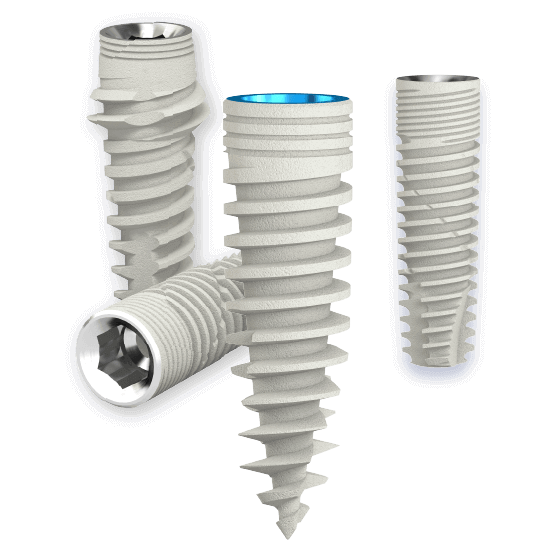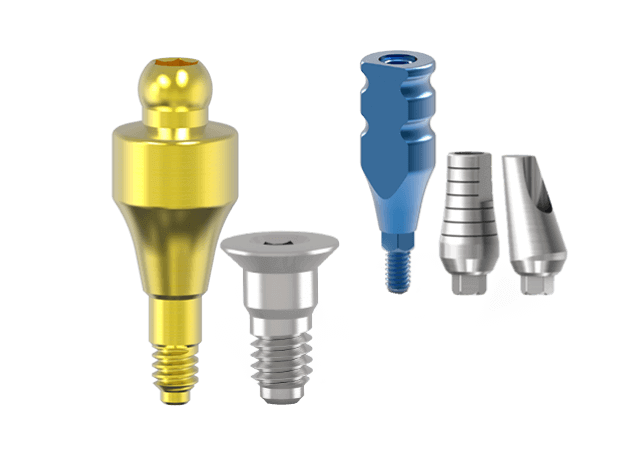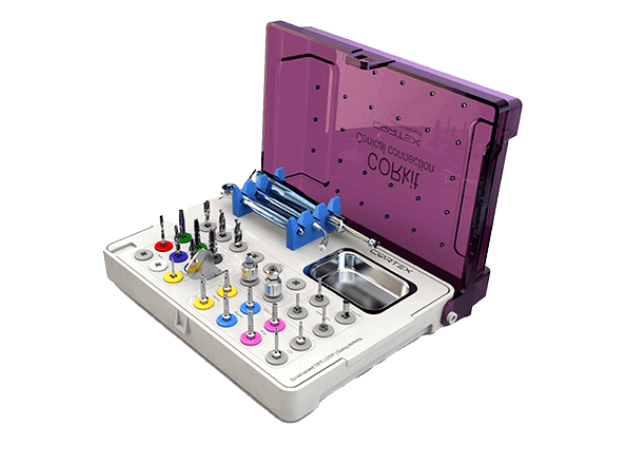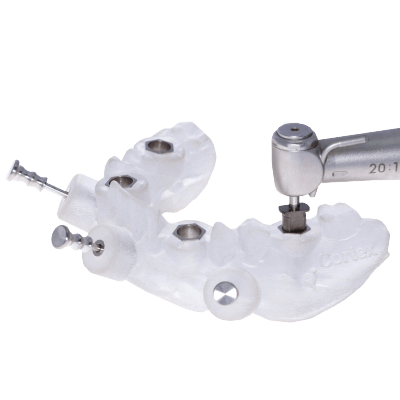Implant Survival and the Influence of Periodontal Disease
Dental implant placement has become more routine recently, thanks to increasingly predictable outcomes. However, the frequency of implant failure has been reported to be within 5% of all placed implants, and even greater in patients with a history of periodontal disease.
Severe periodontitis affects the rate of biological complications and leads to a higher incidence of implant failure. Therefore, one of the critical factors for the success of implant therapy is appropriate patient selection.
It is hypothesized that patients with periodontal disease exhibit higher failure rates than those with no history of periodontitis. This lecture will teach you how to evaluate implant survival rates and to recommend appropriate treatment for patients, both with and without periodontal disease.
Dental implant placement has become more routine recently, thanks to increasingly predictable outcomes. However, the frequency of implant failure has been reported to be within 5% of all placed implants, and even greater in patients with a history of periodontal disease.
Severe periodontitis affects the rate of biological complications and leads to a higher incidence of implant failure. Therefore, one of the critical factors for the success of implant therapy is appropriate patient selection.
It is hypothesized that patients with periodontal disease exhibit higher failure rates than those with no history of periodontitis. This lecture will teach you how to evaluate implant survival rates and to recommend appropriate treatment for patients, both with and without periodontal disease.




